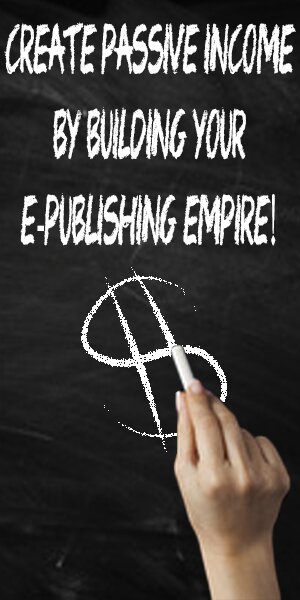Product recall incidents appear almost on a daily basis across the globe. The rising number of product recalls highlights the need for South African businesses to have a proficient product recall and guarantee cover plan in place to mitigate the risk of severe financial loss or, in the worst case scenario, liquidation, says Simon Colman, Underwriting Executive at SHA Specialist Underwriters, one of the largest liability underwriting management agency (UMA) in Southern Africa.
These two types of cover are imperative for companies that manufacture hard goods to ensure business continuity following a significant financial setback such a product recall. “When products pose a potential safety hazard to the public, the manufacturing company itself has the responsibility to initiate a recall; an exercise that could potentially cost millions.”
In addition, the Consumer Protection Act (CPA) makes it possible for the National Consumer Commission (NCC) to initiate a recall on behalf of the business if they feel an unsafe product is on the market. “The business would then be expected to cover the costs of this exercise.”
The most recent case worldwide was the recall of 247 000 cars issued by a leading car manufacturer due to airbag malfunctions. In South Africa, there has been a dramatic increase in the number of product recall events in the manufacturing sector of both hard (equipment, machinery, appliances) and soft goods (food, beverages and ingredients).
A product recall can happen to any size business in any industry where the end users of the products are consumers, which means the food and beverage industry, household goods manufacturers and the automotive industry are particularly susceptible.
“We’ve had several claims in the food and beverage sector and the manufacturing sector where the quantum has exceeded R15m per incident. The amounts could have been much higher in all cases in the absence of an effective product recall plan.”
Manufacturing companies need a combination of product recall and guarantee cover in place to protect them in such an event, whereas the food and beverage industry should further specialise its cover by taking advantage of contaminated products insurance.
The size of the company and the likelihood of a product recall are interdependent due to the volume of human resources and processes involved. “For bigger companies with a multi-national footprint, the scale of the loss can be crippling, especially when exported products must be transported across borders for destruction. In some cases, parts manufactured by one company may have been integrated into other products, which means the policy must be structured to cover the actual expense of removing or uninstalling the part.
“We are also seeing an increase in product recalls among smaller companies, with regulations in the food and beverage industry tightening up as awareness of the CPA grows.”
Product liability policies do not cover the costs of recalling or replacing defective products although some broadform liability policies can be extended to cover such events. These extensions tend to cover the manufacturer (or even the retailer) for expenses they may incur in the event of a product having to be recalled as a result of being deemed a safety hazard. “Recall policies will usually cover the costs of notifying the public of the recall, removing the offending items, transporting them and even the costs of destruction but generally not replacement. This is where the Product Guarantee cover rounds off the program. In the food sector a consolidated policy called contaminated products insurance is available which also covers the loss of income and brand rehabilitation costs.
Most specialist insurers that are involved with liability cover tend to offer access to crisis management expertise, which provides the business with additional resources when a recall event occurs. “Access to crises management expertise is invaluable as a poorly handled product recall can cause irreparable damage to the reputation of any business. With insurance expertise and financial support, the risk can be mitigated.”
Insurance limits of indemnity differ from company to company. “At SHA there is an offer of maximum of R500m, but most small companies take out cover between R1m to R5m and bigger companies’ cover will range from R25m to R50m.”
“It is important for businesses to be aware that most policies will only respond if the defective product presents some danger to third parties. A product that simply doesn’t live up to expectations is unlikely to be covered by a recall policy,” concludes Colman.
One Response
Leave a Reply
« Banish Your Fear of Public Speaking What to Do When Employees Move On »








[...] Why Business Needs Specialist Cover for Product Recalls – WEALTHWISEmag.com [...]